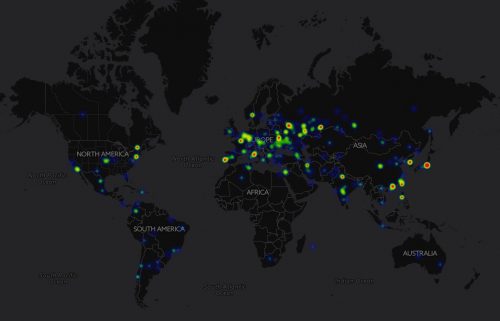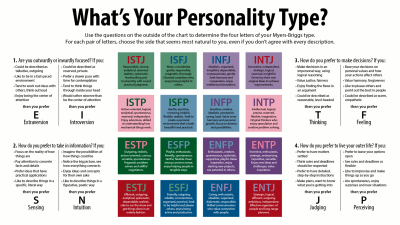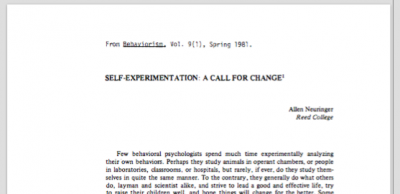
In April this year, thanks to Stephanie Dinkins and Francis Tseng, artists-in-residence at New Inc., I experimented with a workshop called ‘Imagining Ethics’. The workshop invites participants to imagine and work through everyday scenarios in a near future with autonomous vehicles and driving. These scenarios are usually related to moral conflicts, or interpersonal, social, and cultural challenges. This post is about situating this experiment within the methods and approaches of design fiction, a technique to speculate about near futures.
Julian Bleecker writes about design fiction as “totems” through which projections into the future may be assembled:
“Design fictions are assemblages of various sorts, part story, part material, part idea-articulating prop, part functional software. …are component parts for different kinds of near future worlds. They are like artifacts brought back from those worlds in order to be examined, studied over. They are puzzles of a sort….They are complete specimens, but foreign in the sense that they represent a corner of some speculative world where things are different from how we might imagine the “future” to be, or how we imagine some other corner of the future to be. These worlds are “worlds” not because they contain everything, but because they contain enough to encourage our imaginations, which, as it turns out, are much better at pulling out the questions, activities, logics, culture, interactions and practices of the imaginary worlds in which such a designed object might exist.” more...









